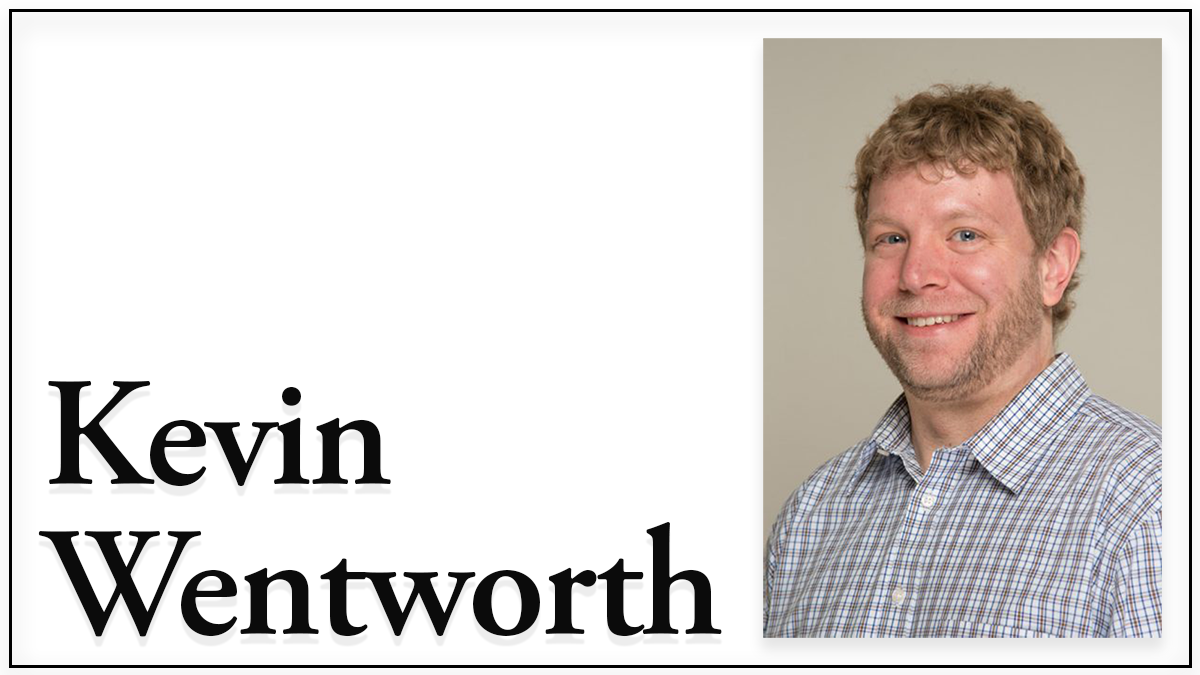
How ARCSIM Works to Meet UMaine’s Research Computing Needs with Kevin Wentworth
By Iris May-Fleming Writing Intern,
The Advanced Research Computing, Security, and Information Management (ARCSIM) unit, part of the University of Maine’s (UMaine) Coordinated Operating Research Entities (CORE), works to support UMaine’s research community and its collaborators through providing technology resources and sourcing solutions to researchers’ specific needs.
Assistant Director Kevin Wentworth has worked with ARCSIM since its inception in the spring of 2019. For Wentworth, his favorite part about ARCSIM is the variety of the work they do. “Every day is different. We could be working on data migration projects or doing research to figure out how to help someone’s implementation.” ARCSIM offers all types of support in areas from high-performance computing, AI, data storage and data backup, information management and data security, to grant writing and visualization for UMaine’s research community.
“We reach out to researchers to find out what needs they may have, what needs are going unmet specific to research computing, data security, or information management, and we work to respond to those needs.”
To help meet the demands of UMaine’s research community, ARCSIM partners with organizations in Maine and beyond. One key partner is the Ohio Supercomputing Center (OSC). Wentworth described the strengths of the relationship with OSC. “They have a ton of GPU and CPU processing capacity that is not practical to replicate in rural states like Maine. We’ve negotiated a contract with them so that anyone within the University of Maine System who wants to access OSC can do that through ARCSIM. OSC resources serve as overflow capacity, complementing whatever local resources are being used by the research team.”
When researchers approach ARCSIM, they don’t need to have a full idea of what their project will entail. “If you have an idea and you’re wondering if it’s possible, that’s the time to reach out to ARCSIM. We like to interview the researcher and learn more about what they are doing so we can go back and look for potential solutions on our end,” Wentworth explained. “After understanding the objectives, we do the behind-the-scenes work, looking at both partner-based and local resources, and come back with potential next steps. While we suggest options, it is always the research team’s discretion as to how to proceed.”
In this role, Wentworth tries to make whatever step in the process a researcher is at as simple as possible. “We’re not looking for credit, we’re looking to get you unstuck. If you run into an obstacle then you can talk to us and we’ll help to get you unstuck.” Wentworth said.
The ARCSIM team’s work continues to expand as UMaine’s research community increasingly needs the type of support ARCSIM provides. “What’s most exciting is that we’re starting to establish ourselves as a partner on campus. It really opens up future possibilities for both us and our research community.”
While more researchers have been coming to ARCSIM, there are still many who could benefit from the range of services available. More than anything, Wentworth wishes more faculty knew about the wide range of support and resources that ARCSIM is able to provide. “We’re here as a technical resource, we’re here to help.”
